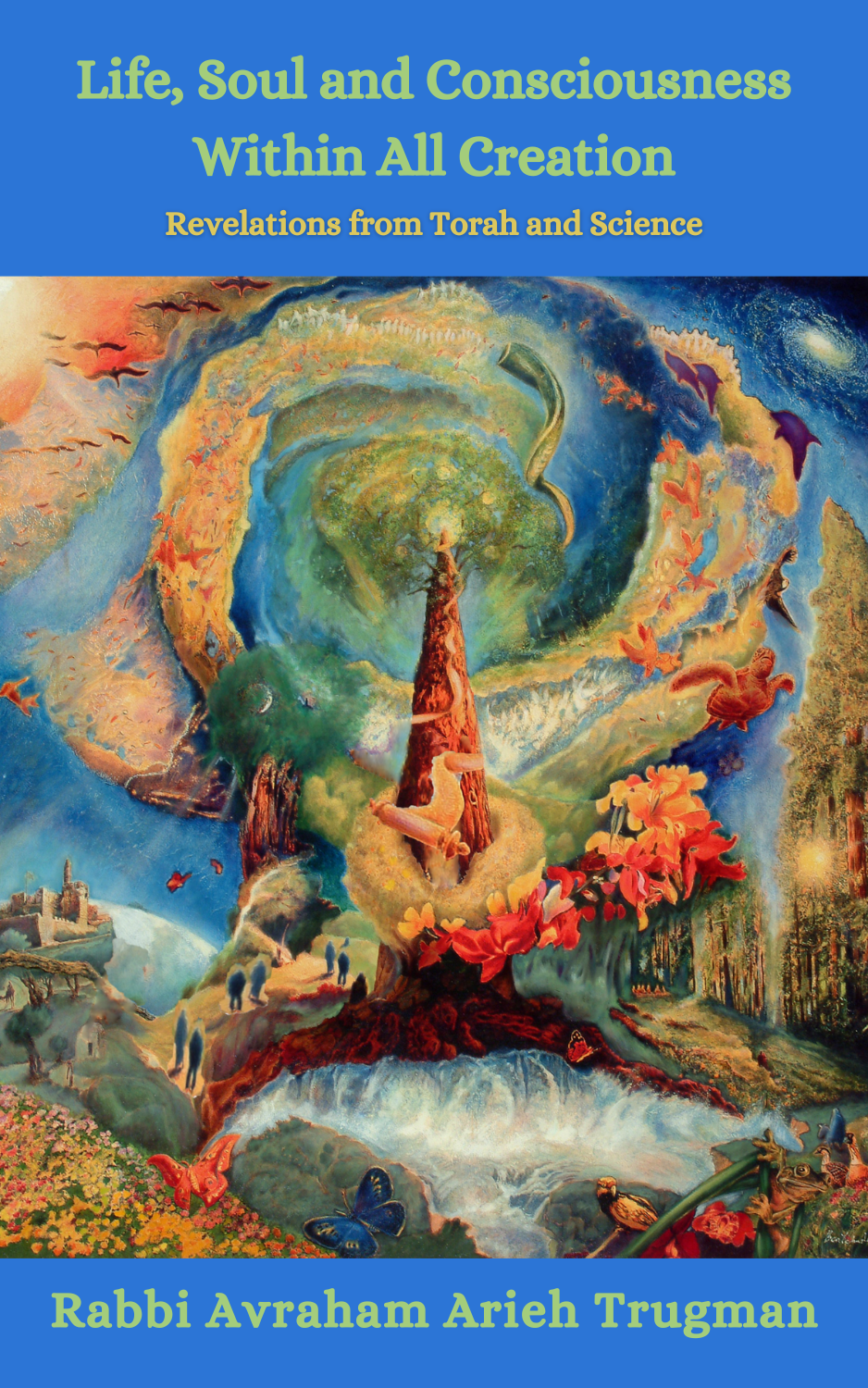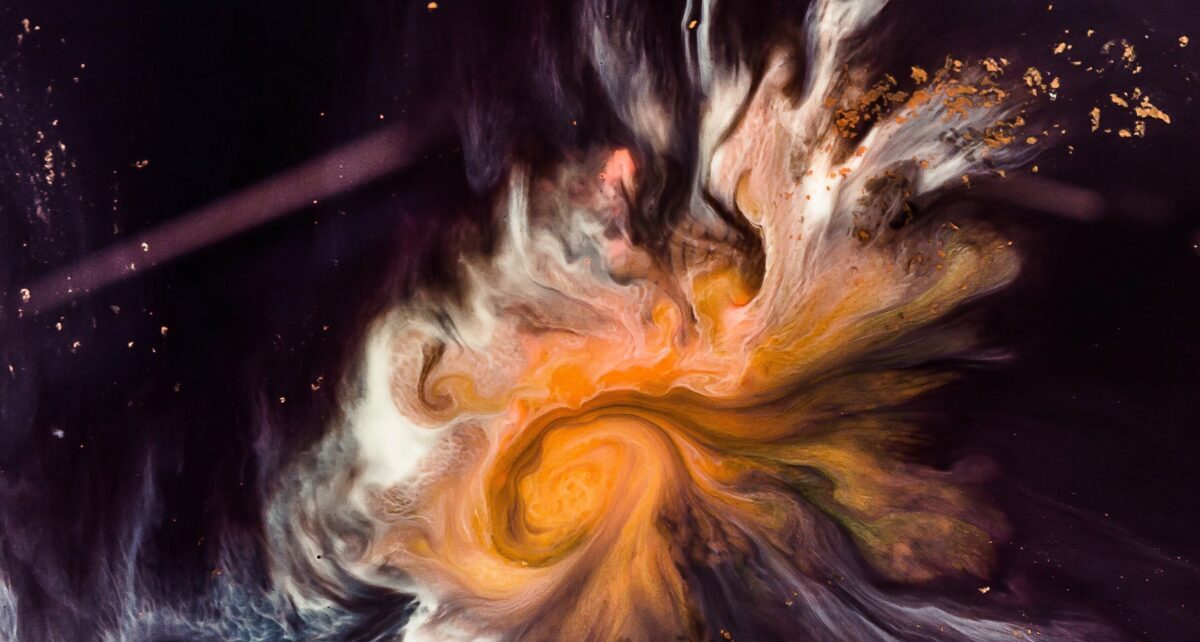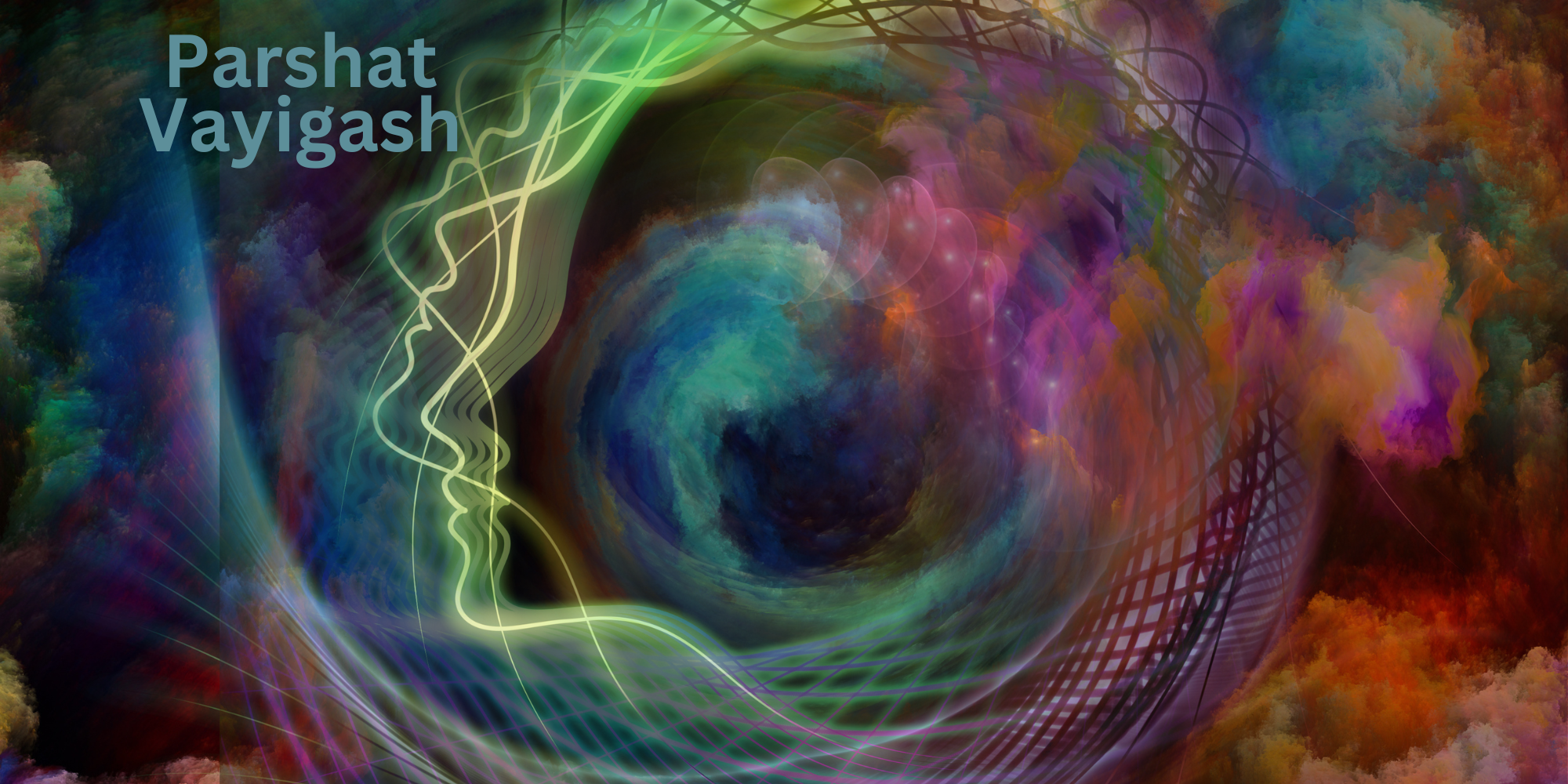Although God did not allow Jacob to openly reveal the End of Days, he was permitted to embed different parts of his overall vision in the blessings. Rashi points out many of these prophetic allusions in his commentary. Judah’s blessing, for instance, contains some quite explicit and other more subtle references to the future: Judah – you, your brothers shall acknowledge; your hand will beat your enemies’ neck; your father’s sons will prostrate themselves to you. A lion cub is Judah; from the prey, my son, you elevated yourself. He crouches, lies down like a lion, and like an awesome lion, who dares rouse him? The scepter shall not depart from Judah nor a scholar from among his descendants until Shiloh arrives and his will be an assemblage of nations. He will tie his donkey to the vine; to the vine branch his donkey’s foal; he will launder his garments in wine and his robe in the blood of grapes. Red eyed from wine, and white toothed from milk. (Genesis 49:8-12)
Much of this blessing is dedicated to describing the tribe of Judah’s future role as the progenitor of kings. Not only will the Jewish people accept Judah’s descendants as kings and scholars, the nations of the world will also accept his penultimate descendant as ruler of humanity. Rashi explains that Jacob is alluding to the Davidic monarchy and to Mashiach, the future redeemer. The Hebrew words, “Shiloh arrives,” equal 358, corresponding exactly to the numerical value of Mashiach!
The Hebrew word “Shiloh,” by itself, equals 345, the numerical value of Moses’ name in Hebrew. As the Midrash states, Moses “is the first redeemer and he [his soul reincarnated as Mashiach] will be the last redeemer” (Shemot Rabbah 4:2). This statement links the souls of Moses and Mashiach together. The connection between Moses and Mashiach is further stressed by both their Hebrew names beginning with the letters mem and shin.
In this blessing Jacob also subtly sheds light on Mashiach’s role and on the change of consciousness that humanity will undergo in the Messianic era. Most importantly, Jacob foresees that the crowns of leadership and scholarship will be combined and come to fruition in Judah’s descendants. Based on this Rambam asserts, in his concise, but highly influential treatment of the Messianic era, that for an individual to be considered Mashiach, he must fulfill the following conditions:
He must be a ruler from the house of David, immersed in the Torah and its commandments like David and his ancestors. He must also follow both the Written and the Oral Torah, lead all Jews back to the Torah, strengthen the observance of its laws, and fight God’s battles. If one fulfills these conditions, then we may assume that he is the Mashiach. If he does this successfully and then rebuilds the Temple on its original site and gathers all the dispersed Jews then we may be certain that the is the Mashiach. (Mishneh Torah, Hilchot Melachim [Laws of Kings] 11:4)
The root of the Hebrew word for “scholar” (mechokek) that Jacob uses in blessing Judah has a number of other meanings: a Divine decree that transcends human logic; a law; bosom or inside; and to engrave. Not only will Mashiach teach the nation of Israel and the entire world Torah, he will also expose a level of Torah wisdom and mystic thought which is so deep and novel that it will be permanently engraved in the bosoms, the hearts, of his listeners. This new level of understanding is referred to in the Midrashic statement: “A new Torah from Me will emerge” (Vayikra Rabbah 13:3). This “new” Torah will actually be constructed from the very same letters as the Torah we have at present, but our understanding of its profundity will be so much infinitely deeper that it will be like a “new” Torah. The multidimensional approach of reading the Torah according to PaRDeS will finally be fully manifest and humanity will finally experience the Torah as an Orchard of Delights.
The Hebrew words “a scholar among his descendants” can also be vowellized slightly differently and read as “a scholar [who engraves his teachings until] his feet will understand.” The word for habit or routine in Hebrew (hergel) is akin to the word for foot (regel). Just as our feet seem to work on autopilot taking us to where we need to go without our considering every step, we too follow our daily routines without giving them much thought. The Mashiach will break the existing paradigms, flooding the world with a new consciousness that will overthrow the routine manner in which we experience reality and comprehend the Torah, opening up an entirely new level of Divine consciousness. In the Messianic era the Divinity that has always infused every moment will finally be felt and every moment will be new and revitalizing.
Along with Jacob’s praise of Judah’s leadership and bravery symbolized by the image of a lion, the “king of the beasts,” there are also a number of references to donkeys and grape vines or wine in Judah’s blessing. These too are highly symbolic and allude, in particular, to Mashiach, who will descend from Judah. Indeed, in the prophet Zechariah, Mashiach is described as “riding upon a donkey, and upon a colt, the foal of an ass” (9:9), and the Messianic era is described as a fertile period in which the Land will blossom and peace will fill the world: “On that day says the Lord of Hosts, everyone of you will invite his neighbor to come under his vine and under his fig tree” (3:10). The abundance of wine likewise refers to the great productivity of the Land in the future and the immense change of consciousness that will be ushered in by Mashiach.
In fact, both physical and spiritual abundance are alluded to in the image Jacob painted of Shiloh laundering his garments in wine. The numerical equivalent of the Hebrew word for wine (yayin) is seventy, reminding us of the dictum of the Sages that the Torah has seventy faces. The Hebrew word for the secret teachings of the Torah, sod, also equals seventy. The Mashiach will, as it were, wash and soak the Torah’s straightforward peshat understanding in the wine of the secret teachings of the Torah, imbuing them with a higher level of spirituality. This metaphor is particularly apt from a Kabbalistic or Chassidic perspective as these schools of thought often refer to the exterior level of the text and physicality itself as “garments.”
According to tradition there are seventy archetypal nations. The image of Shiloh washing his garments in wine also foretells another important facet of the Messianic era: the seventy nations of the world will also benefit from Mashiach’s teachings and leadership. Here is another allusion to the Jewish belief that Mashiach will ultimately bring the entire world together in a true spiritual and physical global village.







